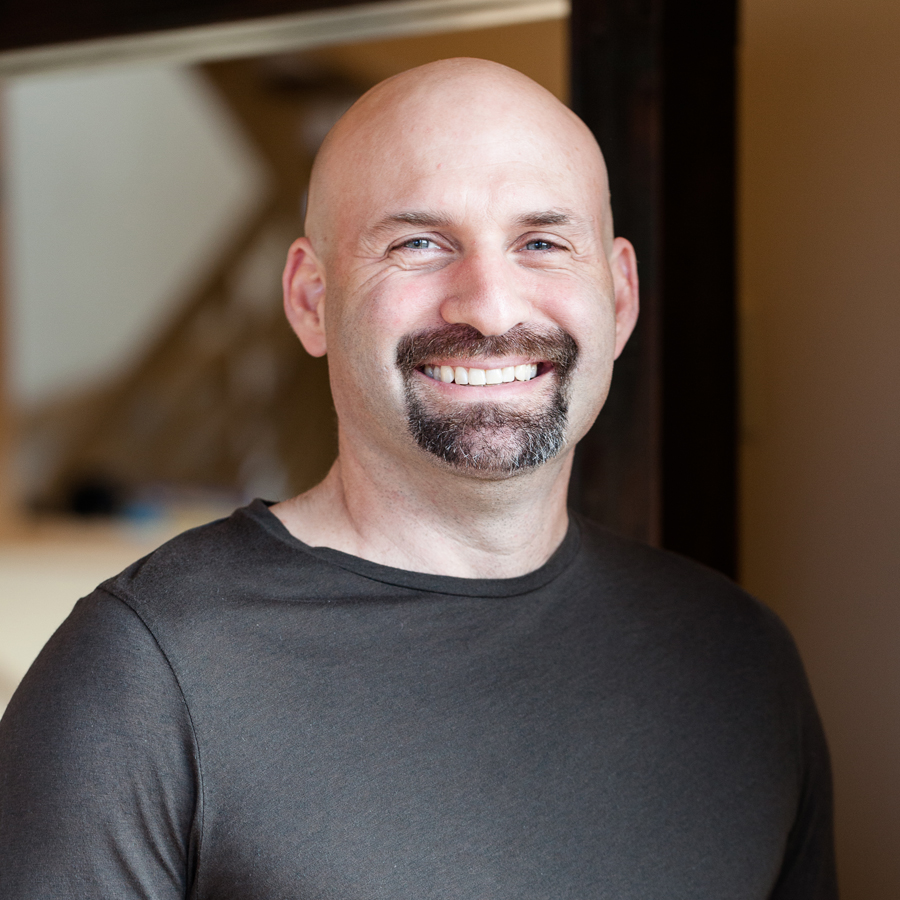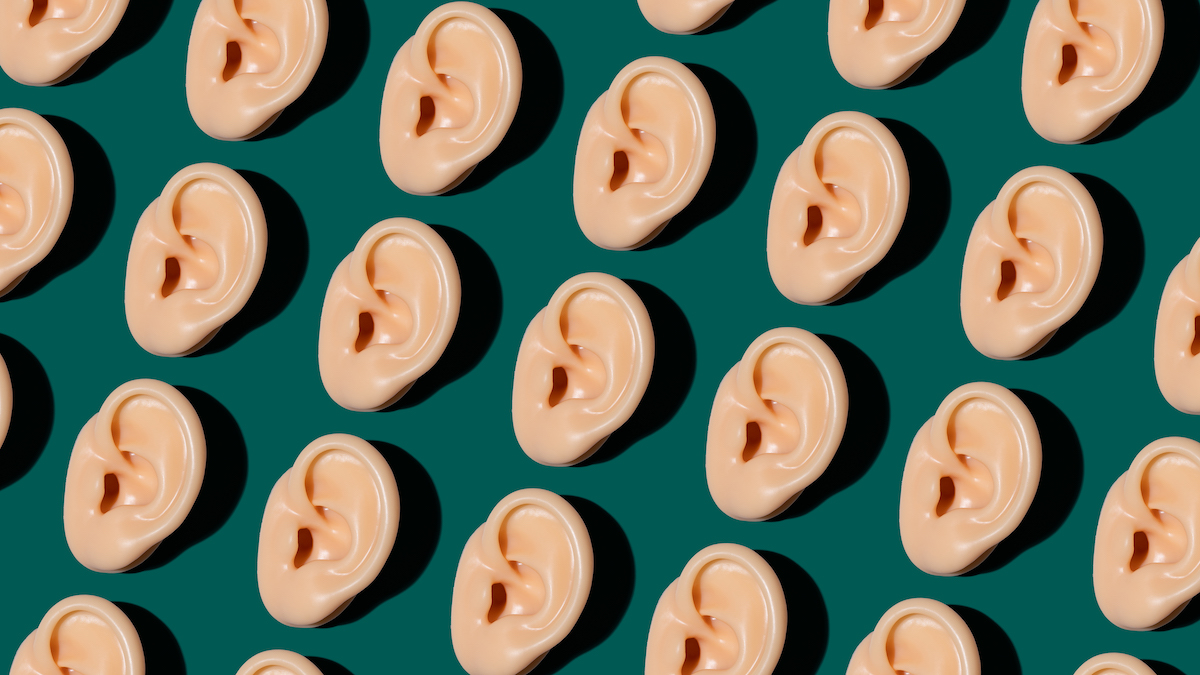
Want all the hottest music and gear news, reviews, deals, features and more, direct to your inbox? Sign up here.
You are now subscribed
Your newsletter sign-up was successful
For many musicians and producers, loud music delivers an addictive rush. The higher the sound levels injected into your ears, the better the endorphin high. While practising, performing, and producing, it’s difficult to resist getting louder. After all – you are the heir apparent to Hendrix.
But don’t kid yourself. If you’ve already had years of cumulative exposure to excessive sound levels, this voracious craving may have resulted in partial injury to your ears – and worst case it has led to ever-present tinnitus or actual hearing loss.
For this feature we spoke to a number of high-profile musicians and producers about their experience with hearing loss and serve up 4 ways to help prevent future hearing damage and enjoy a long and fruitful lifetime as a music-maker.
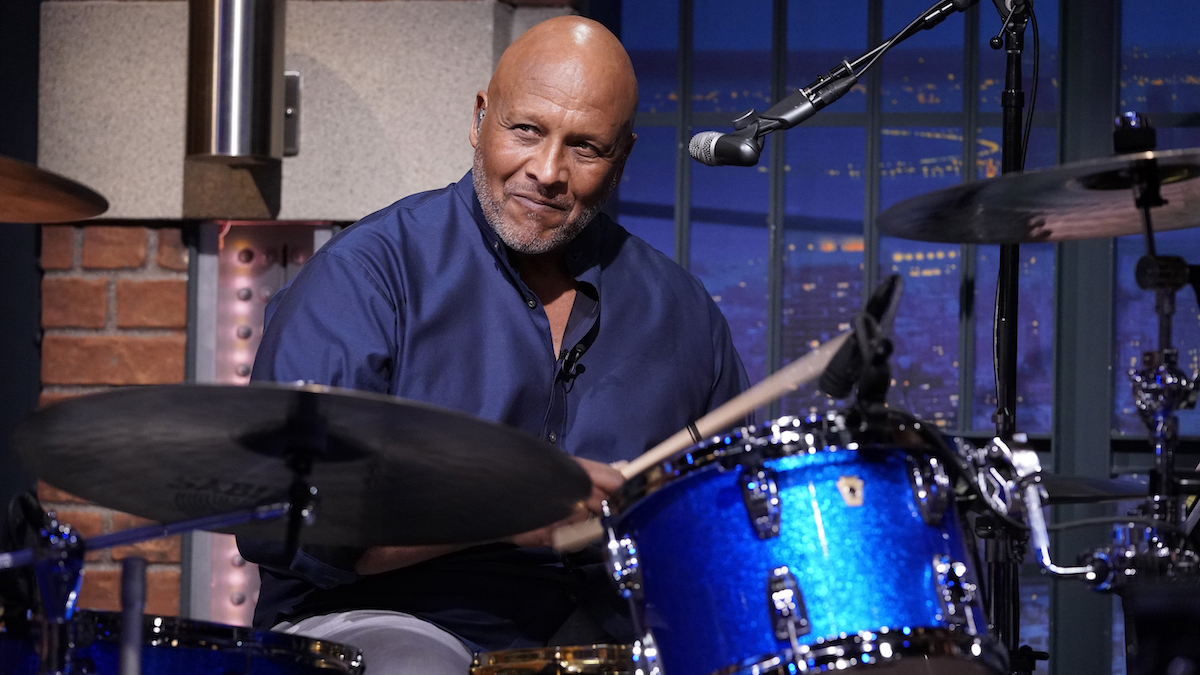
Insight – Steve Ferrone
The Grammy Award-winning drummer has credits including 24-years touring and recording with Tom Petty and the Heartbreakers, as well as working with George Harrison, Chaka Khan, Eric Clapton, Anita Baker, and many others.
According to Ferrone, he has suffered some hearing loss throughout his career, and it was gradual.
“Ear damage, it's just, something that we have, you know?” says Ferrone. “You don't really notice it coming on. It just happened over the years for me.”
Ferrone described a particular event that occurred while touring with Tom Petty and The Heartbreakers that impacted his hearing dramatically:
Want all the hottest music and gear news, reviews, deals, features and more, direct to your inbox? Sign up here.

5 essential tips to beat ear fatigue and protect your hearing
“We were playing in Boston, and in the heat of the battle I used one in-ear monitor headset, with a click, and that was about it. And, I'm sitting up there and playing, and all of a sudden I hear this noise in my ear. I could still hear the click, and I'm like, ‘oh, there's something wrong. There's something wrong with my headset’. And, I'm always hesitant to turn around and tell my roadie, ‘hey, there's something wrong’. Because he starts unplugging stuff, and he unplugs everything… So, I just thought, you know, I'll live with it. And when we finished the song, I said, ‘hey, there's something wrong with my headset, it's making a horrible noise!’ I pulled my headset out, and the noise was still there!”
“…I went over to Massachusetts General Hospital. And I came out of testing and the guy said, ‘well, you know, you've lost like 40 percent of your lows off the bottom end, and 30 percent of the highs.’ And what that meant for me was, I know I have problems. So for a descriptive, medical term for what's going on: my hearing is screwed!”
Musicians often choose to practise, rehearse, and perform at sound levels that could cause injury to their ears. This could alter their career longevity and affect their health. It may also cause difficulty in their day-to-day ability to hear family, friends, and spoken word. This type of injury can be averted.
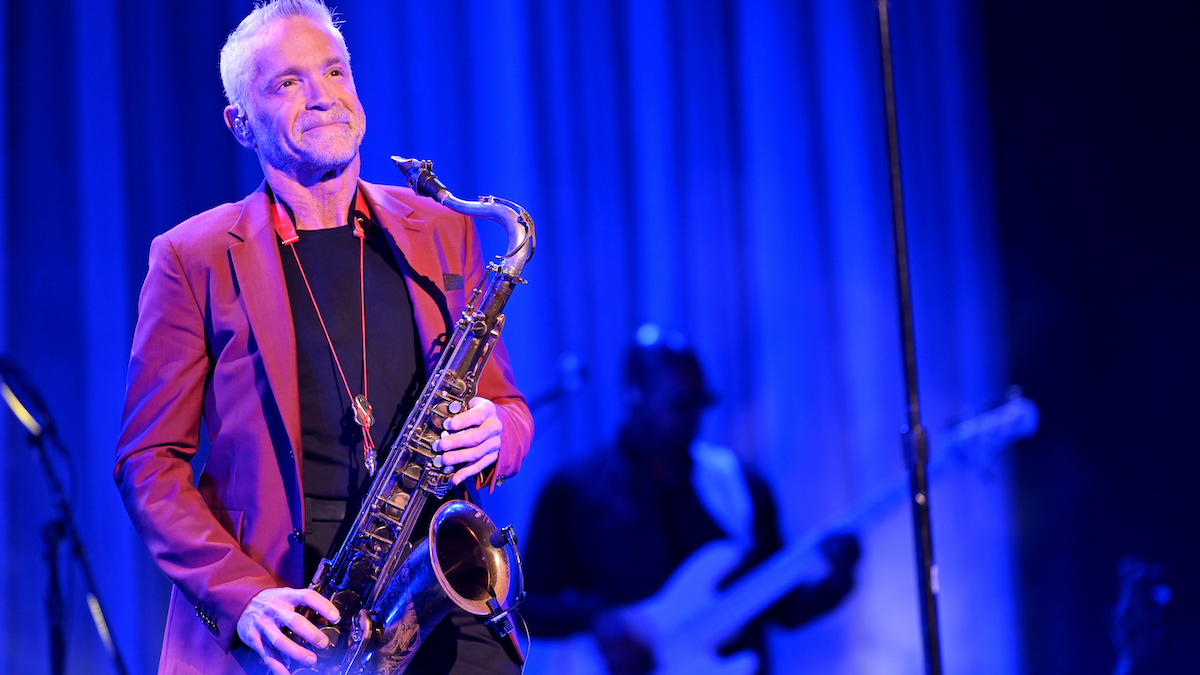
Insight - Dave Koz
Dave Koz is an 11-time Billboard No. 1 chart-topping and Platinum-selling contemporary jazz saxophonist and humanitarian.
He shared his stance on the need to develop logical steps to protect hearing, in order to prepare for an extended career in music.
For any musician starting out now, your ears are your life.
Dave Koz
"For any musician starting out now, your ears are your life. If you don't have your hearing, you’ve got nothing, you can't play music," says Koz. "And so starting good practices and good habits early in life will help keep your hearing at optimal levels, you hope."
Koz likened the process of being a professional musician, to being a professional athlete – one that's mindful of their body. And that as professional musicians, the ears are part of a critical system that allows a musician to perform at the highest level.
"You only have two ears, and you can't trade them in for new models. So it's like every other part of your body, you have to really focus on it," says Koz. "And I think sometimes we are kind of taking our bodies for granted, but as musicians we have to approach our bodies not unlike the way professional athletes would approach their bodies."
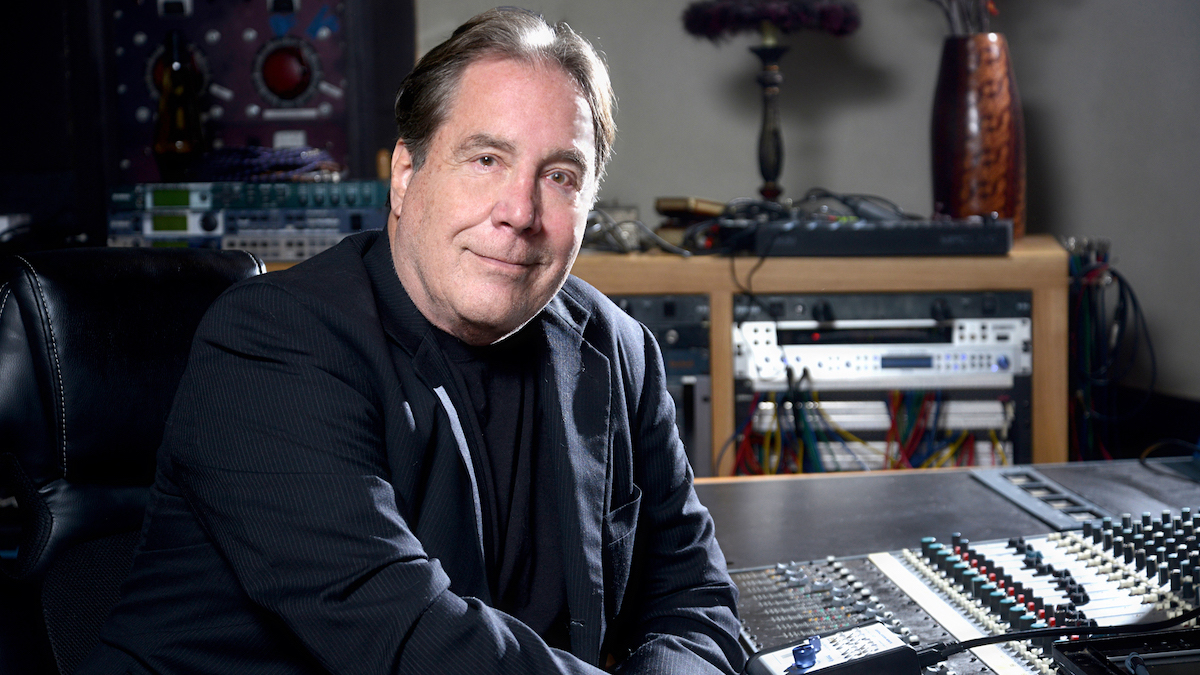
Insight - Ken Caillat
Ken Caillat is a Grammy Award-winning recording engineer and producer for Fleetwood Mac, David Becker, Taj Mahal, Lionel Ritchie, and many others.
Caillat reveals a close-up view into his own tinnitus symptoms, and into the symptoms of others he works with.
"I don't have much tonight, but every engineer I know has some tinnitus or some hearing loss. Every musician," he says. "So in one of my ears, for some reason, the hearing is worse."
Caillat shared a story of an experience he had, being exposed to very loud guitar, while recording Lindsey Buckingham.
"I had one situation where I had Lindsey playing guitar, and he was plugged in and I said 'don't play for a second, because I've got to change the mic.' I went out of the control room to where he was, and I had my head and my left ear within two feet of the guitar cabinet, and he hits the chord. It came out of nowhere!"
Caillat discussed how fellow engineers, such as Al Schmitt (Henry Mancini, Steely Dan, George Benson, Natalie Cole, Quincy Jones, etc.) use earplugs as often as possible, so that they can continue to have a career and work for as long as possible.
“The best engineers I know, like Al Schmitt, wanted to be working. You don’t necessarily make a lot of money in the music business, especially when you get older,” explains Caillat. “So, he wanted to work until he was in his eighties and nineties. And so, he had earplugs for anything. He’d go to a concert and he’d put in earplugs.”
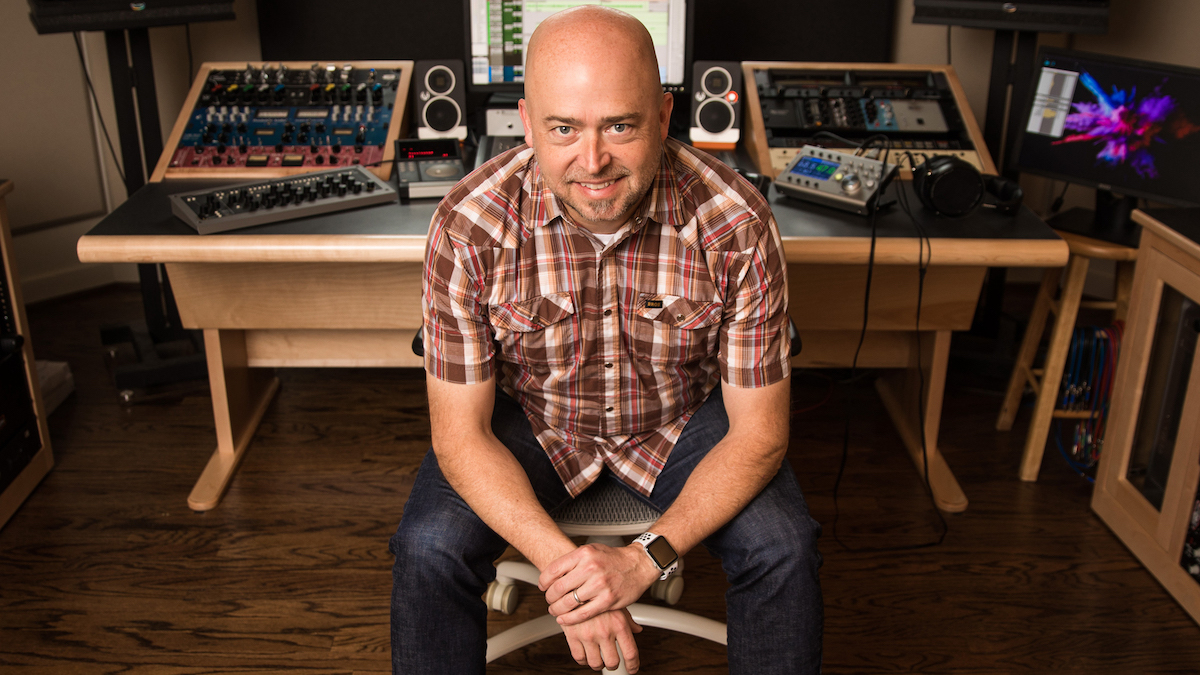
Insight - Russ Long
Equally comfortable in the recording studio and the concert venue, Russ Long has engineered and mixed albums by Wilco, David Liebman, Dolly Parton, and toured with Amy Grant, Vince Gill, Paul Rogers, and many others.
Long had an epiphany when he read about Pete Townsend’s debilitating hearing loss.
“Thankfully I read an interview with Pete Townshend early in my career that made me aware of the dangers of hearing loss,” says Long. “So, I’ve always been conscious of not monitoring too loud, and taking regular breaks in the studio, and keeping the volume under control when I’m mixing live.”
Long packs earplugs wherever he goes.
“I always carry a pair of earplugs with me, and I use them whenever I go to a concert, or if I’m in a situation where I’m exposed to loud music,” says Long. “When talking to young engineers and musicians, I can’t emphasise enough the importance of getting a good pair of earplugs that protect your hearing, while still allowing you to enjoy the music.”
4 ways to prevent hearing damage
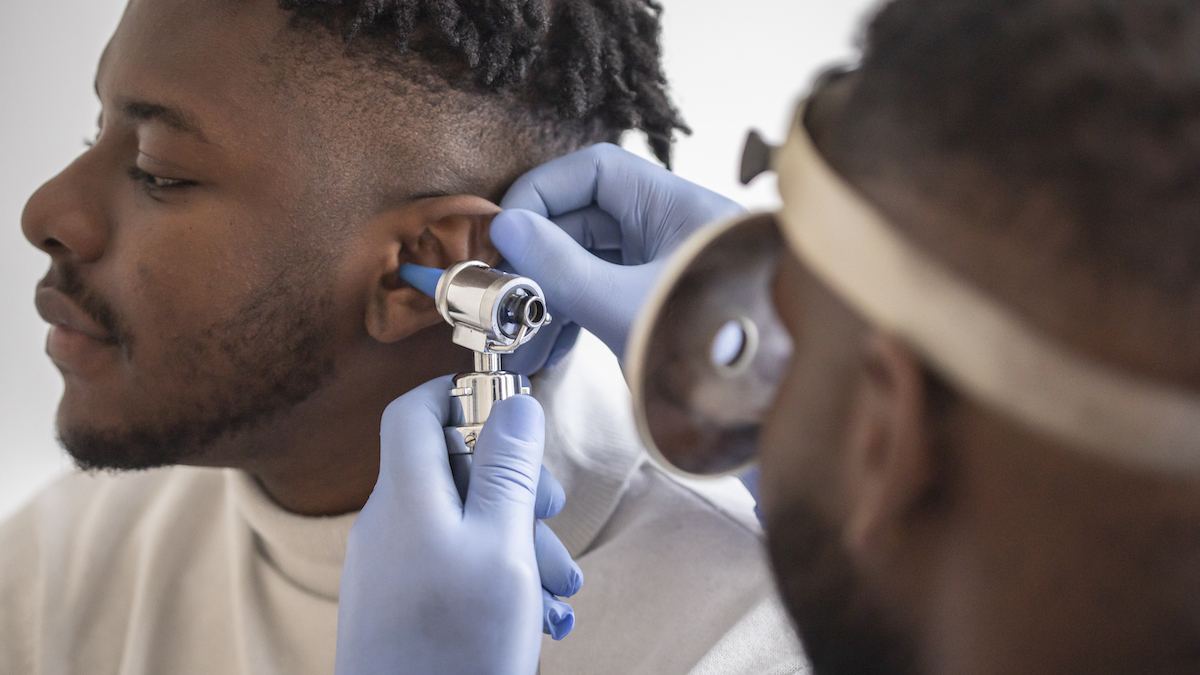
1. Keep the sound levels in check consistently, and take breaks
There are tools to help inform the listener, so that they can avoid exceeding safe levels. Such as the NIOSH Sound Level Meter app, or use an SPL metering device of some kind.
2. Invest in earplugs
Consider making an investment in some kind of musician-specific earplugs. Types range from foam, passive and custom moulded, to ones with electronics. Some purport to be lossless, which means you still hear most of the frequencies when they’re in your ears – the sound level is just attenuated to reduce exposure. Check out MusicRadar’s guide to the best earplugs for musicians for budget-spanning options from brands including Minuendo, Vibes and more.
Minuendo’s Chief Product Officer, Tom Trones, provided some insights related into the benefits of earplugs:
"The first key is to find some kind of earplugs that work for you. They should be comfortable, practical, and not ruin your listening experience. Also, I think it's really important that people be more aware of when to protect themselves. Even moderate levels can be risky, if the exposure is over a prolonged time."
The American Academy of Audiology is a good resource to do some of your own research. They have links to fact sheets, articles, and a searchable database to find audiologists that can perform hearing tests. There are similar types of associations and resources in other parts of the world, and practising audiologists in many countries. Or just Google the search term 'loud music hearing' and you’ll have access to a ton of scientific information, including about Noise-Induced Hearing Loss.
3. Get tested
Hearing tests are a good thing. Sensaphonics Hearing Wellness is a full-service hearing clinic for musicians. It also offers products, such as custom in-ear monitors, and custom moulded earplugs.
Dr. Michael Santucci, President at Sensaphonics, says that when musicians are reluctant to wear hearing protection, he recommends that they at least get tested yearly:
"If they don't want to wear hearing protection, they should at least do a baseline hearing test, and get an annual hearing check and monitor their hearing. Getting your hearing checked on a regular basis is really the basis of any hearing loss prevention program. It really can extend their career. And that's what it's all about."
Dr. Santucci also discussed a Vanderbilt study, that showed that in-ear monitor use doesn't automatically equate to lower volume.
"We did a study at Vanderbilt comparing getting your in-ear monitor levels to floor monitor levels. We wanted to see how much people turned down the in-ear monitor levels. We did 45 trials. Everybody turned them exactly the same, not even one dB between all the trials… and if you've been playing guitar at 100 dB, you put on in-ears and guess what? You turn it to 100 dB."
4. Don’t bow to peer-pressure
For most of us the desire is to work in music for a lifetime. Ken Caillat shares some final wisdom about bucking perceptions, so that you can work as long as possible, and so you can outlast anyone in the business.
"Don't let some 20-year-old bopper make fun of you, because when they get old someday, you know, you're maybe pushing them around in a wheelchair," said Caillat. "It's all about the last man standing."
A version of this article first appeared in JAZZed Magazine
Ian Cohen is a media and marketing professional. He writes about music creation, production, and on topics related to pro audio and storytelling. He’s had a lifelong addiction to guitar and innovation, and has a U.S. patent on a tremolo device. Ian is also a closet music producer with an absurdly overstocked project studio and way too many guitars for one person. Forget the Ferrari - it's the API console, the Neumann, and the ole Fender that screams.
